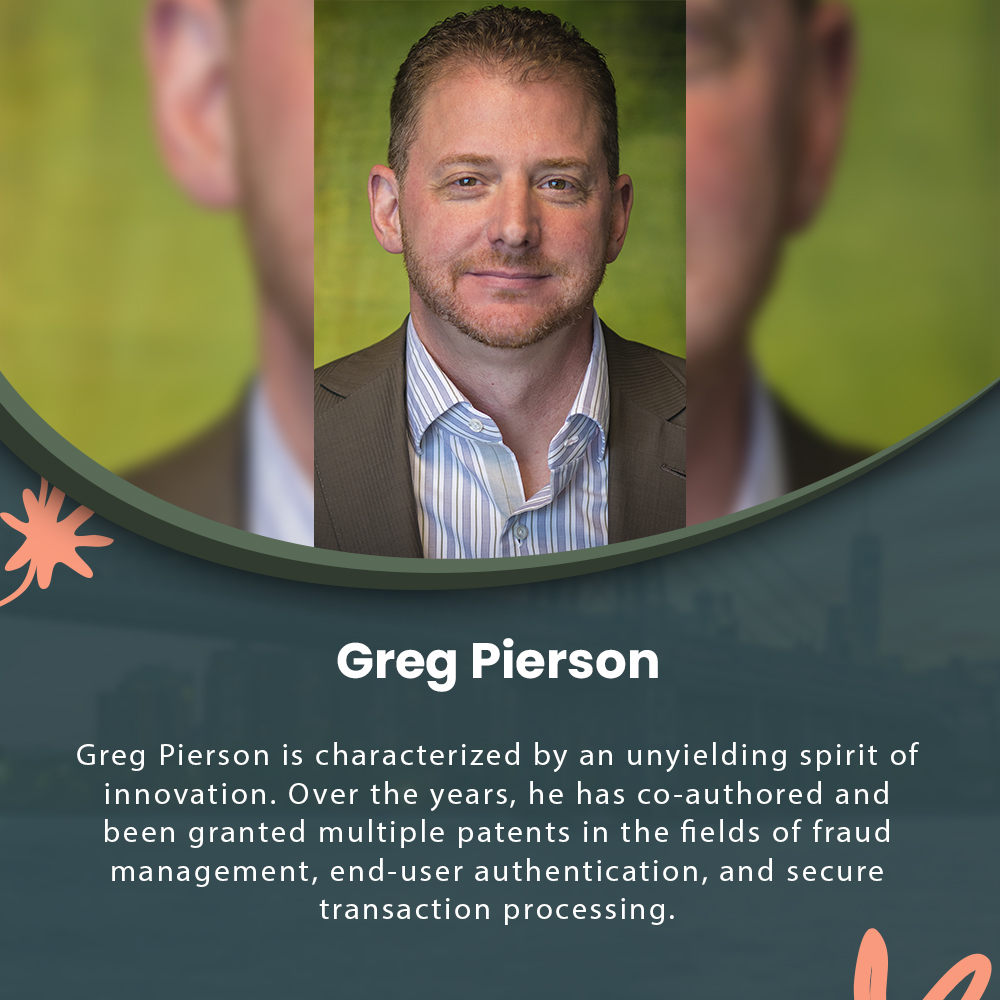
Internet security has become paramount in an era where our lives are increasingly intertwined with the digital realm. As busy professionals juggle multiple tasks and responsibilities, protecting sensitive information and safeguarding against cyber threats often take a backseat. However, neglecting internet security can have severe consequences, ranging from data breaches to identity theft. Therefore, busy professionals must prioritize online security. This article will explore essential tips to help busy professionals enhance their internet security posture.
Strong Passwords
One of the simplest yet most effective measures for internet security is creating strong, unique passwords for each online account. Avoid using easily guessable passwords like “password123” or everyday phrases. Instead, opt for a combination of letters (uppercase and lowercase), numbers, and special characters. Consider using a reputable password manager to securely store and manage your passwords, eliminating the need to remember them all.
Multi-Factor Authentication (MFA)
Multi-factor authentication adds an extra layer of security by requiring users to provide multiple verification forms before accessing an account. Typically, this involves something you know (password) and something you have (such as a code sent to your mobile device). Enable MFA wherever possible, especially for sensitive accounts like email, banking, and cloud services, to significantly reduce the risk of unauthorized access.
Keep Software Updated
Cybercriminals often exploit vulnerabilities in outdated software to launch attacks. To mitigate this risk, ensure your devices and applications are regularly updated with the latest security patches. Enable automatic updates whenever possible to streamline the process and minimize the chances of overlooking critical updates amid your busy schedule.
Secure Wi-Fi Networks
Beware of unsecured Wi-Fi networks when working remotely or accessing the internet from public places like cafes or airports. Public Wi-Fi hotspots are prime targets for hackers to intercept sensitive data. Use virtual private network (VPN) software to encrypt your internet connection and protect your data from prying eyes whenever possible.
Be Wary of Phishing Attempts
Phishing remains one of the most prevalent forms of cyber-attack, where malicious actors impersonate legitimate entities to trick individuals into revealing sensitive information or installing malware. Exercise caution when clicking on links or downloading attachments from unfamiliar or suspicious emails, messages, or websites. Verify the authenticity of sources before sharing any personal or confidential information.
Regular Data Backups
Data loss can occur for various reasons, including hardware failure, malware infections, or accidental deletion. Implement a regular backup routine to ensure your important files and documents are securely stored and easily recoverable during a cyber incident. Consider using cloud backup solutions or external hard drives for added redundancy.
Privacy Settings and Permissions
Please review the privacy settings and permissions of your online accounts and applications to control the amount of personal information you share and who can access it. Limit the visibility of your profiles on social media platforms, and be cautious about granting unnecessary permissions to third-party apps, which may compromise your privacy and security.
Educate Yourself and Stay Informed
Internet security threats are constantly evolving, so staying informed about the latest trends and best practices is essential. Use online resources, webinars, and workshops to enhance your cybersecurity knowledge. Remain vigilant and educate yourself about common scams and tactics used by cybercriminals to avoid falling victim to their schemes.
Create Separate Accounts for Personal and Work Use
Whenever possible, maintain separate accounts for personal and work-related activities. This helps mitigate the risk of exposing sensitive work information in personal accounts and vice versa. Additionally, consider using dedicated email addresses and devices for work-related communications and tasks to categorize your digital presence.
Implement Endpoint Security Solutions
Endpoint security solutions, such as antivirus software and firewalls, help protect individual devices (endpoints) from various cyber threats. Install reputable antivirus software on all your devices and update them to effectively detect and prevent malware infections. Additionally, consider deploying firewalls to monitor and control incoming and outgoing network traffic for added security.
Internet security is a critical concern for busy professionals in today’s digital age. By implementing these essential tips and adopting a proactive approach to cybersecurity, you can significantly reduce the risk of falling victim to cyber threats and protect your valuable data and privacy. Remember, investing time and effort in enhancing your internet security posture is an investment in safeguarding your digital assets and maintaining peace of mind amidst your hectic professional life. Stay vigilant, stay informed, and stay secure.